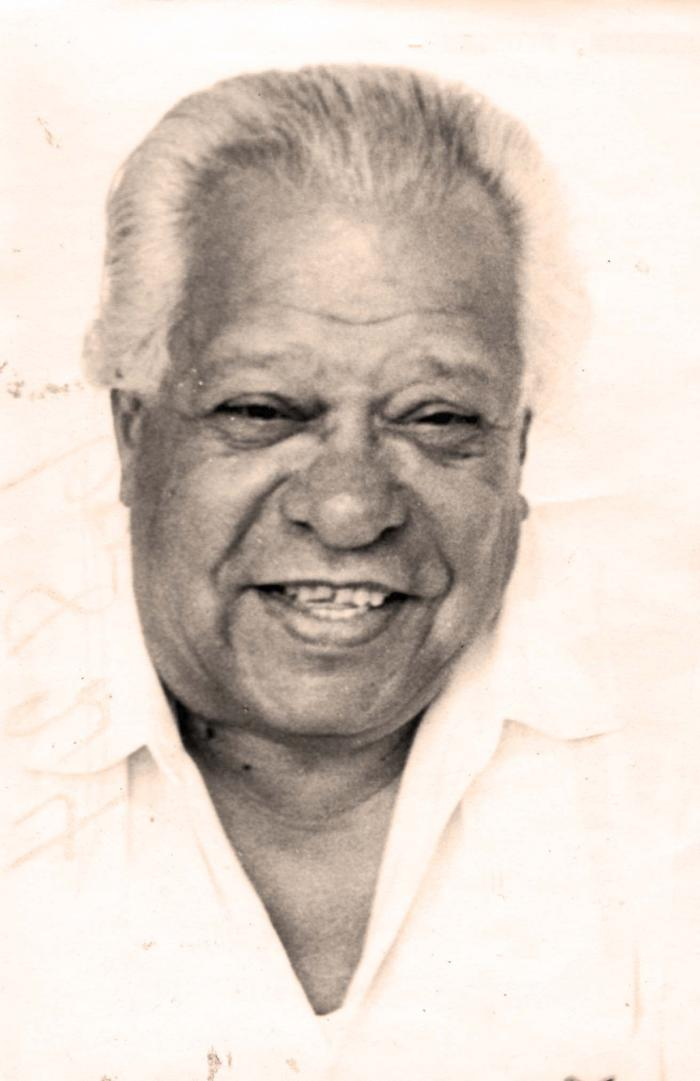By Nancy Morejon. 
The month of July brings with it torrential rains, sometimes winds that alarm us more because of the noise of their movement and not because of their real strength. And, despite all this, a daily, suffocating heat is maintained, always accompanied by an almost cruel humidity. The indelible memory of the poet from Camagüey, Nicolás Guillén (1902-1989), whose date of birth (10) and death (16) both took place during the month of July, also happened in this month. It hurts to think about it. It hurts to be aware of a physical disappearance that, however, has not ruled out, luckily for us, the enjoyment of his poems, like everyday water.
A great reader of Spanish poetry in all its periods, especially that of the famous Golden Age, Guillén admired and studied, like few others, its elegiac zone. The work of the great Fernando de Herrera was frequented by the author of El apellido. And, likewise, he repeated by heart the famous Verses by Jorge Manrique. Who could forget that Guillén's father, "killed by soldiers in 1917" is a visceral theme and, therefore, recurs in his poetry and in his prose?
Not by chance, his biographer and critic Ángel Augier included all his elegies, with the consent of the author, in the edition of his complete poetry published in two volumes, just in 2002, by the publishing house Letras Cubanas, with the purpose of celebrating it worldwide its first centenary.
These elegies are a kaleidoscope of metrical forms and literary excellence, turned into sea and river water where the essence of the written language and, above all, oral tradition with its indescribable beauty converged at once.
It was Mirta Aguirre –the best Cervantist of the Cuban 20th century– who compared the Elegy to Jesús Menéndez with a legitimate symphony.
Portentous, shocking, the elegy for his compatriot friend is a fraternal hymn and a call to the citizen conscience of those times, when denouncing the macabre crime of Manzanillo, which occurred on January 22, 1948.
More than once, Nicolás had accompanied him on tours of his native province, the old Las Villas. Emblem of the sugar workers of Cuba, Jesús Menéndez fell dead as he stood in front of the train that would take him on an imminent trip.
Many years later, Luis Carbonell –whose centenary we will celebrate throughout 2023– masterfully interpreted the full text of the Elegy at the Casa de la Cultura on Calzada and 8, in El Vedado, at the end of the 1970s.
Nicolás Guillén was never daunted by the proximity of death. He had intuited her on countless occasions and, when he had her far away, while he was spending his hard exile in Paris, he was able to write verses as moving as these, fixed forever in the popular imagination of the Island:
I was going down a road / when the Death I met. / -Friend! – cried Death – / but answer her I did not, / but answer her I did not; / I looked at Death and no more, / but answer her I did not. (Taken from Granma) (Photo: Osvaldo Salas)